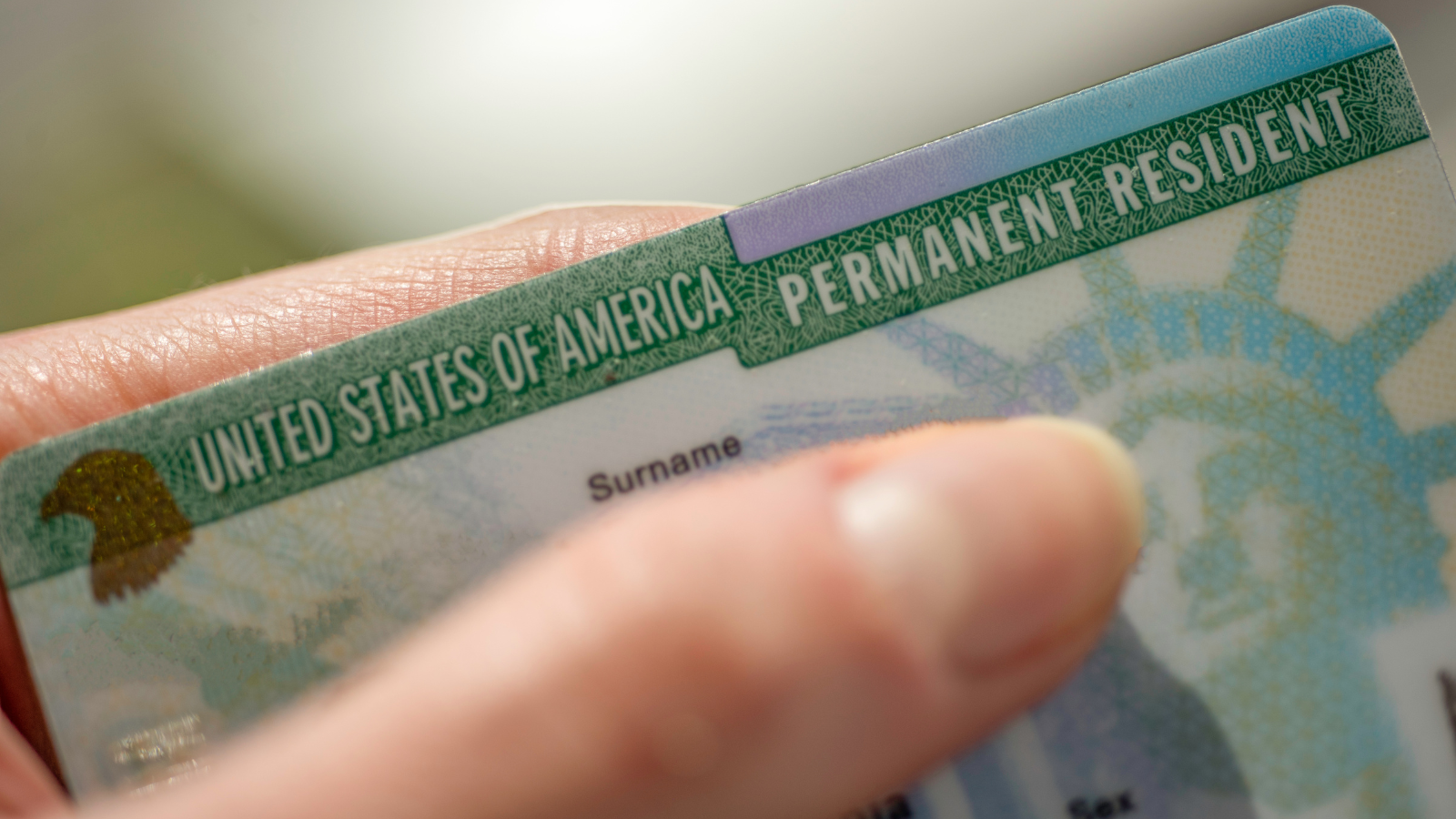
Understanding Form I-864
Form I-864 is an agreement by your sponsor to financially support you, the intended immigrant, and is often part of your application to become a lawful permanent resident (LPR). It shows the U.S. government that you have adequate finances and are unlikely to rely on the government for financial support. Before having your sponsor fill the form out, check the topics below to find out whether you need it or not.
Who Needs Form I-864
The I-864 is mainly used by family-based immigrants, but sometimes employment-based immigrants need it as well. The following immigrants need to have the form filled out and signed by their sponsor:
Who Doesn’t Need Form I-864
Form I-864 is unnecessary in some cases. First, employment-based cases other than that listed above do not require the I-864. Next, the I-864 is not required for the following immigrants:
Requirements For Your Sponsor
Your sponsor needs to be a U.S. citizen or a lawful permanent resident, at least 18 years old, and have an income 125% above the federal poverty line. They also need to be domiciled in the U.S., which means their principal, actual dwelling place is in the U.S. If you are a family-based immigrant (see Who Needs Form I-864 above), the sponsor needs to be the same as the petitioning family member. If there’s been more than one petition, the sponsor must be the petitioner on the petition used for residency.
Your sponsor’s income must meet the 125% requirement for their household size:
NOTE: These measures are higher in Alaska and Hawaii.
Your sponsor can provide evidence of assets apart from income if unable to meet the requirement by income alone. These assets include (1) bank statements, (2) stocks, bonds, CDs and the dates they were acquired, (3) personal property, and (4) real estate. They may include assets located outside the U.S. Your sponsor may also include income not subject to taxation, like that obtained as an allowance for clergy or military.
If your sponsor is still unable to meet the requirement, there are two options. First, another household member can fill in an I-864A with their income. The household member does not need to be a U.S. citizen or a lawful permanent resident. You, the intended immigrant, can include your income if you are the sponsor’s spouse or have the same principal residence as the sponsor. Your income must come from lawful employment in the U.S. or some other lawful source that will be available after you become a lawful permanent resident.
Second, you can have a joint sponsor file a separate I-864. The joint sponsor needs to meet the same requirements as your sponsor. Importantly, you cannot have your sponsor and joint sponsor combine their incomes to meet the income requirement. Your joint sponsor must meet it on their own.
What To Do If Your Sponsor Becomes Deceased
If you are a family-based immigrant and your sponsor dies before you get your immigrant visa or adjustment of status, then in certain cases you can have a substitute sponsor. Typically, this is allowed if the petitioning relative dies after the petition is approved and the Department of Homeland Security (DHS) decides to reinstate the petition. You must ask DHS to reinstate your petition and provide a substitute sponsor. Substitute sponsors must meet the same requirements as your sponsor.
Why You Need the I-864
Form I-864 shows the government you are not a public charge. A public charge is a person who is likely to be primarily dependent on the government for survival due to disease, disability, or poverty. You will use your I-864 to show you will not be primarily dependent on the government for any reason. The government considers the following factors in deciding whether you are a public charge:
The presence of issues in these areas (for example, if you are too old or ill to work) does not automatically mean you are a public charge. What matters is whether you or your sponsor will have the resources to support you without primary reliance on government aid.






